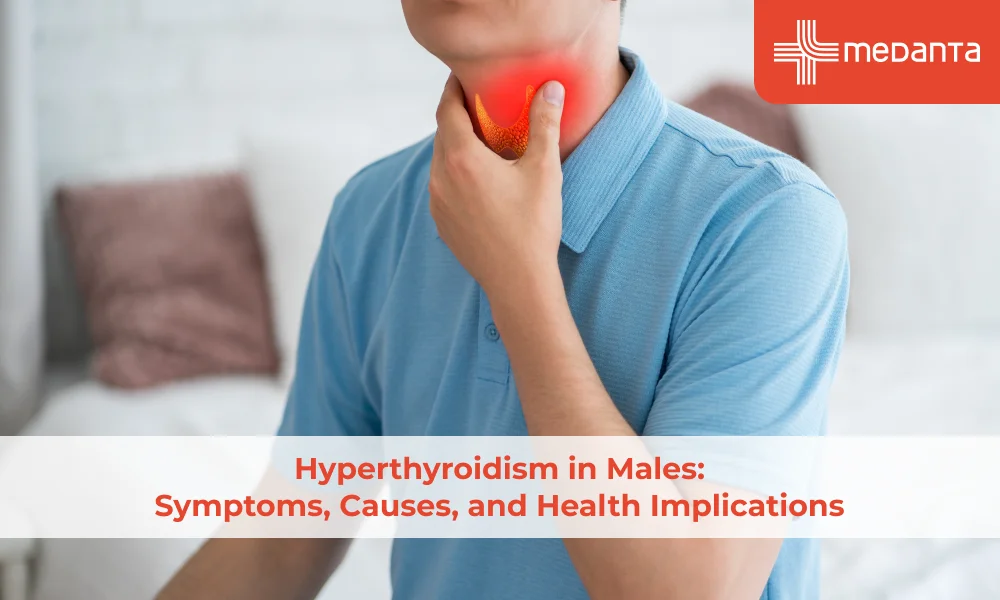Navigating the Challenges of Rising COVID-19 Cases in Children: A Guide for Parents
Parents are understandably anxious about how the coronavirus can affect their kid's health and well-being as it carries on to spread around the world. Children are generally not as severely ill from COVID-19 then adults, but rising cases among kids, especially with new variants, is something to worry about.
As a parent, it's essential to be knowledgeable and ready to face the difficulties of increasing paediatric covid cases. We will give you the newest info about the coronavirus outbreak in kids, how to treat COVID in kids, and how to manage the emotional effects of the pandemic in this guide.
Understanding the Coronavirus Outbreak in Kids
Children—susceptible to COVID-19—can pass on the virus, even if they remain asymptomatic. As per the American Academy of Pediatrics, on April 7, 2022, alone, the number of minor paediatric covid cases was 12.8 million. Though children—relative to adults—are unlikely to experience severe illness from COVID-19, they are not entirely immune from the virus.
Youngsters may demonstrate a diversity of signs in response to COVID-19, such as fever, coughing, and throat irritation, as well as potentially having difficulty with respiration. Nonetheless, some children may experience minimal or no symptoms, making it difficult to diagnose and control the transmission of the virus.
What's more, the emergence of novel coronavirus forms, like the Delta variant, has caused worry over the ramifications of COVID-19 on young people. The Delta strain is highly infectious; it has been linked to more severe sickness in young ones. In a recent inquiry from the Centers for Disease Control and Prevention (CDC), hospitalizations for children with COVID-19 showed a stark contrast; for those infected with the Delta variant, the hospitalisation rate was over tenfold that of the original virus strain.
It stands to reason that kids who battle diseases such as asthma, diabetes, and obesity may be more vulnerable to enduring more harsh effects of COVID-19. Guardians of kids enduring such afflictions must take additional measures to keep their progeny from the contagion.
Prevention and Safety Measures for Children
Vaccination is one of the most powerful tools in thwarting the propagation of COVID-19 among youth. The Pfizer-BioNTech, tailored for the younger crowd, has been sanctioned for emergency use in kids aged 5-11, while the Moderna, intended for the teens, is approved for those 12 and over. The vaccinations have been confirmed to be effective and resourceful in warding off COVID-19 in young ones. Parents should seek advice from their baby's doctor to decide the optimal immunisation approach for their offspring.
Supplementary to vaccination, other precautionary steps can help check the diffusion of COVID-19 among kids. The CDC suggests that all tots over the age of two ought to wear a mask in indoor public places and crowded outdoor spaces, particularly in regions with high infection levels. Parents should guarantee that their offspring garb masks that snuggly fit and envelop their nostrils and oral cavity.
Maintaining a physical distance; is essential for thwarting the transmission of COVID-19. Kids should be incited to keep a span of no less than six feet from others, particularly in densely populated areas.
Maintaining clean hands is also a crucial measure in stifling the proliferation of COVID-19. Kids should be instructed; to scrub their paws often with soap and H2O for a minimum of 20 seconds. Parents should also ensure that their children are armed with handy sanitizers containing a minimum of 60% alcohol.
How to Treat COVID in Kids
If a kid gets COVID-19, the treatment will depend on how bad their symptoms are. Mild cases can be managed at home with rest, hydrating, and over-the-counter meds to help with symptoms like fever and pain. But parents should keep an eye on their child's condition and if the symptoms get worse or stay the same, they should get medical help.
Antiviral meds can be gotten for kids with serious COVID-19, like Remdesivir, which has been allowed for emergency use in kids 12 and over. Oxygen therapy might be needed for kids who have severe sickness and difficulty breathing. Hospitalisation might be needed for children with serious COVID-19 or medical conditions that raise the risk of severe sickness.
Parents should work closely with their child's healthcare provider to determine the appropriate treatment plan for they're child if they contract COVID-19. It's important to obey the healthcare provider's orders closely and make sure the kid gets the necessary treatment and help during their healing.
Coping with the Emotional Impact of COVID-19 on Children
The COVID-19 pandemic has taken its toll on the mental and emotional state of many youngsters. The disruption of daily routines, social isolation, and the unknown future—all of which can spark anxiety, depression, and other emotional issues.
Parents can foster their children's mental wellbeing; by providing a stable and nurturing home atmosphere. Preserving the everyday schedule whenever practicable, furnishing psychological aid, and stimulating sincere conversation regarding their emotions and worries should be top priority.
Parents should also spur their offspring to partake in activities that foster physical and mental health, such as exercise, pastimes, and enjoying the great outdoors. It is essential to keep watch over children's social media and news intake—too much negative news can bring about unease and strain.
Conclusion
Navigating the struggles of increasing COVID-19 cases among children needs informed and active parenting. By understanding the risks of the coronavirus outbreak in kids, taking preventive steps, seeking medical care if need be, and supporting their children's mental health, parents can help protect their children during the pandemic.
It's important to stay up-to-date with the newest information and directions about COVID-19 in kids and consult with medical professionals if needed. Parents can give their children the correct info and help to let them stay fit and strong in these difficult times.






